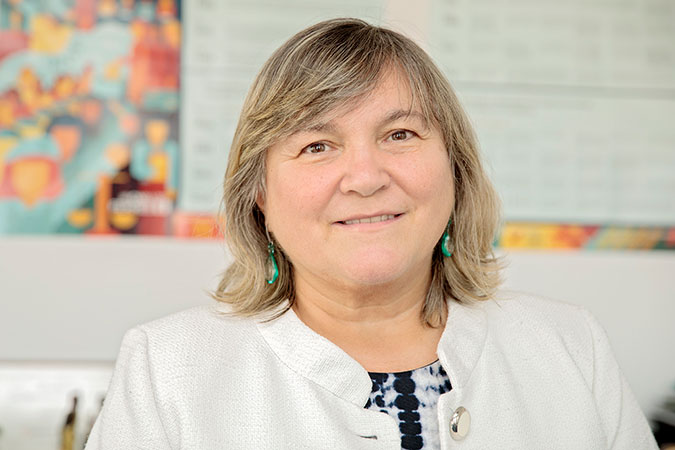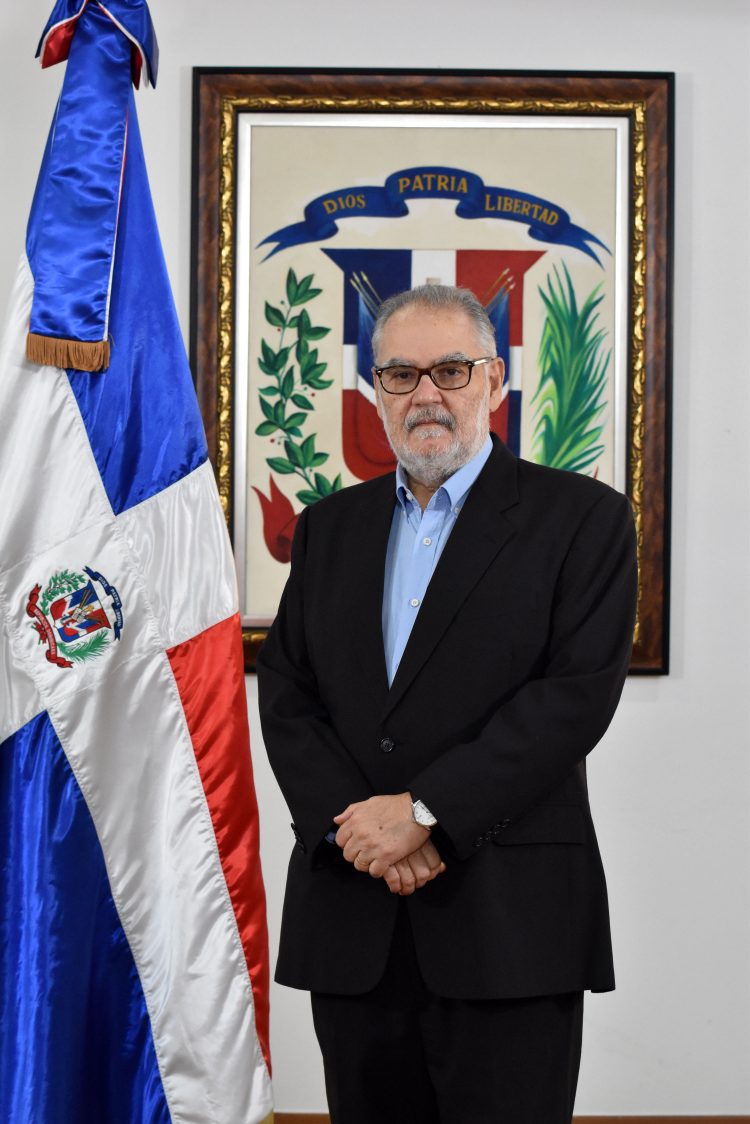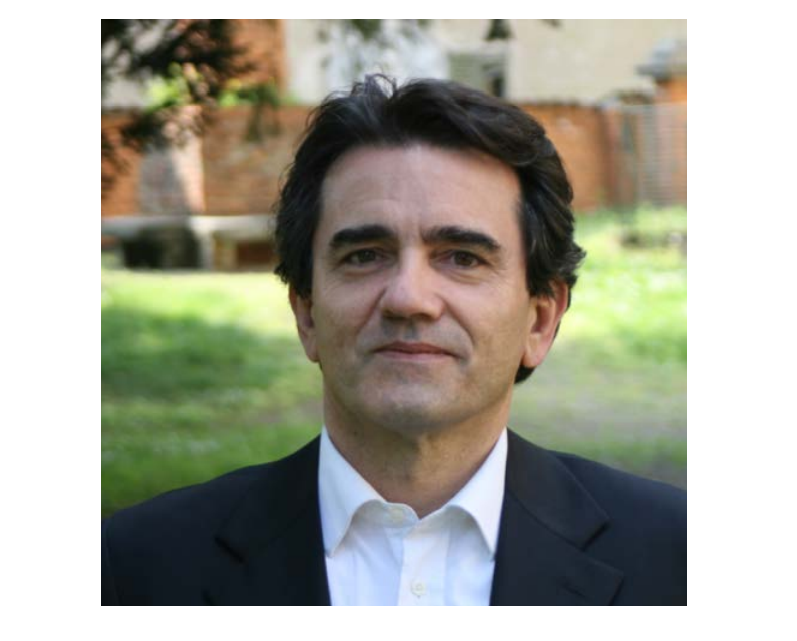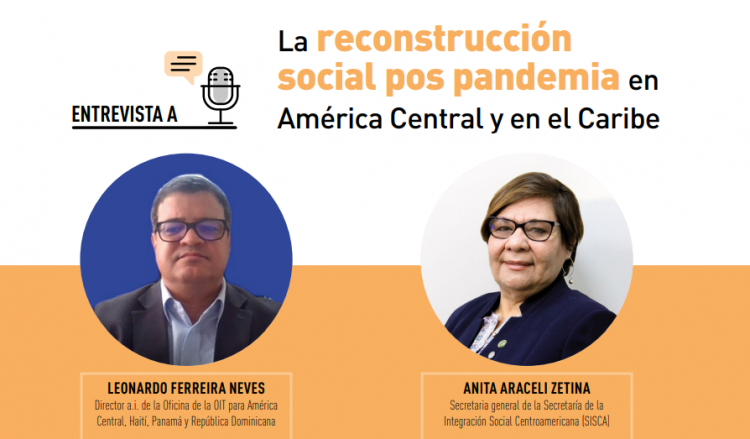Por Maria Noel Vaeza, regional Director of UN Women for the Americas and the Caribbean

Twenty-six years ago, when the 4th World Conference on Women was held in Beijing, 189 countries expressed their intention to focus their efforts on the empowerment of women and gender equality.
In Mexico and Paris, the Generation Equality Forum announced firm commitments on gender equality and the launch of a five-year global action plan with the goal of accelerating gender equality by 2026. The forum’s programme of action is backed by nearly US$40 billion in confirmed investments, as well as ambitious political and programmatic commitments from governments, philanthropists, civil society, youth organisations and the private sector.
UN Women plays a critical role in leading the forum’s five-year action plan journey, overseeing the fulfilment of commitments to ensure accountability and progress through 2026.
Despite these commitments, in light of the situation changes in this area have been too slow. According to estimates by the Economic Commission for Latin America and the Caribbean, in during 2020, economic empowerment and labour participation of women in Latin America and the Caribbean was rolled back by 16 years.
This crisis has highlighted the importance of carers for the sustainability of life. As a result, UN Women and other organisations have been promoting the creation and strengthening of comprehensive care systems as a driver of socio-economic recovery. We must have systems that help to recognise, reduce and reallocate unpaid care work, leading us towards a new social pact and a generation that advocates and exercises joint responsibility. Taking action to achieve these aims is not only necessary, it is also smart; because investment in care generates a triple dividend: in human capital, jobs and in the participation of women in the world of work.
On the other hand, if the COVID-19 crisis has made one thing patently clear, it is the innovation skills of the women at the forefront of many of the responses. UN Women and ECLAC presented the “Digital Basic Basket” initiative, which consists of guaranteeing that women have the devices, the technology and the resources they need to access the Internet. The idea is to provide each household with a mobile phone, a tablet and a data plan for one year initially. It is a simple solution that can have an enormous impact in terms of the capacity and agency of those women who do not have access to these resources to get out of poverty, as well as to ensure their access to information, education and job opportunities and the change to generate income and earning a living.
One of the Coalitions for Action of the Generation Equality Forum focuses specifically on technology and innovation for gender equality, with one objective set for 2026. Therefore, it is crucial to reduce the digital gender gap between generations by half through a substantial acceleration of access to digital technologies and universal digital literacy. Women in STEM role models and mentoring programmes need encouragement. We recommend encouraging women to take part in sectors that promote technological change, create jobs and reduce the environmental footprint (renewable energy, sustainable mobility, digital revolution, bioeconomy, circular economy etc.).
We urge international cooperation to be part of the Equality Generation in Latin America and the Caribbean, reconsidering support and solidarity with countries of the region as a way out of this crisis that can advance women’s rights and socio-environmental sustainability, as well as achieving the objectives that we have set for ourselves for 2030.
Despite the difficulties and this multiplying effect of inequality that we observe in our region, I have great hope in new generations, since with a stronger and more united voice they demand that their rights be respected, that their voices are heard and their opinions are taken into account.
The demand is as fair as it is urgent. And we hope that the whole world will join us in this transformational change, that the force of change is greater than the resistance, and that this is the last generation that has to fight daily for equality as so many women and adolescents do in their daily lives.
If we can advance in these three dimensions: reincorporation of women in the post-COVID economy with stronger care systems, digital universalisation and more girls and young people in STEM careers, we will be building more just and equal societies that will allow them to face the challenges of present and future challenges.



